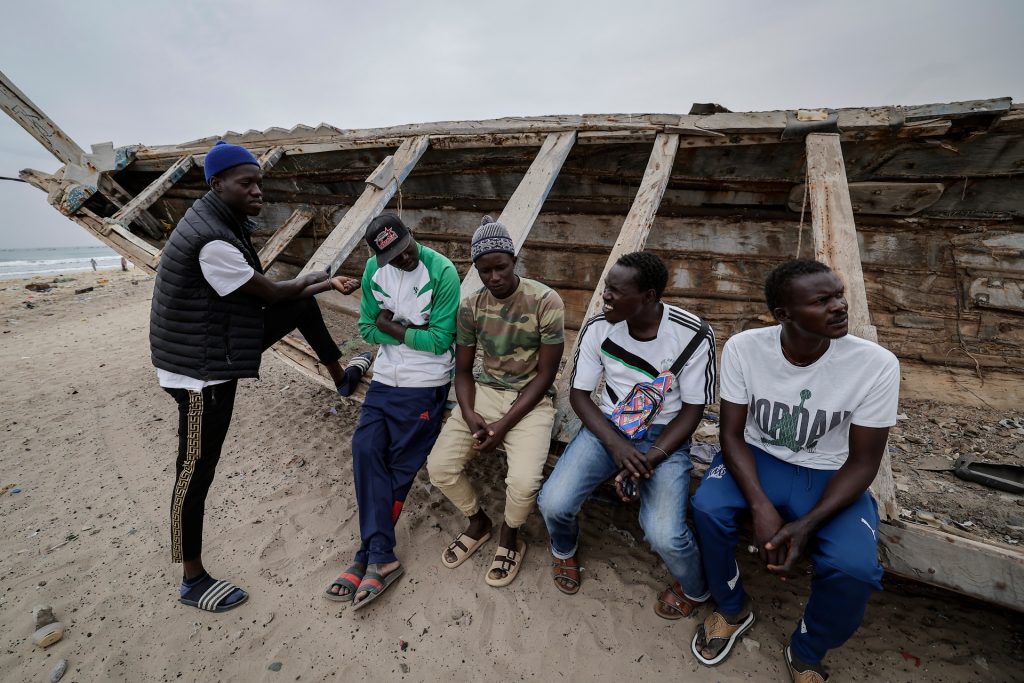Amidst the vast expanse of the Atlantic Ocean, 101 migrants from West Africa found themselves adrift on a brightly painted wooden fishing boat. What began as a journey of hope and anticipation quickly descended into a nightmare of unimaginable proportions.
For Birane Mbaye, a fisherman from the Senegalese village of Fass Boye, the decision to embark on this treacherous voyage was fueled by desperation and a longing for a better life. Earning meager wages as a fisherman for hire, Mbaye’s dreams of providing for his young family seemed increasingly out of reach amidst the entrenched poverty of his community.
Joined by his close friend, Omar Seck, Mbaye set sail from Fass Boye under the cover of darkness, their destination set for Spain’s Canary Islands. With visions of opportunity and prosperity on their minds, they stocked up on supplies and bid farewell to their loved ones, unaware of the horrors that awaited them at sea.
As days turned into weeks, the migrants’ optimism gave way to despair as their boat was battered by violent winds and relentless waves. Running out of fuel and provisions, they resorted to drinking seawater to quench their thirst, a decision that would prove fatal for many onboard.
“I thought I would be next, that one morning, I too would be dead and in the sea,” recalled Mbaye, haunted by the memory of watching his fellow passengers succumb to dehydration and exhaustion.
Despite their dire circumstances, the survivors faced yet another ordeal as they grappled with the grim task of disposing of the bodies of their fallen comrades. With each passing day, Mbaye’s resolve was tested as he confronted the harsh realities of life and death on the open ocean.
But amid the darkness, a glimmer of hope emerged when a Spanish fishing vessel spotted their distressed boat off the coast of Cape Verde. After 35 days adrift at sea, Mbaye and 37 others were rescued, their miraculous survival standing as a testament to the resilience of the human spirit.
However, the scars of their ordeal run deep, both physically and emotionally. For Mbaye, the trauma of loss and the specter of death continue to haunt him, manifesting in vivid nightmares and painful flashbacks.
Yet, amidst the turmoil, there remains a flicker of hope in Mbaye’s heart, a determination to persevere in the face of adversity. As he cradles his daughter on the shores of Fass Boye and tends to his fishing duties, Mbaye remains steadfast in his belief that better opportunities lie ahead.
“I won’t give up,” he declared, his voice tinged with determination. “If I have better opportunities in Senegal, I prefer to stay here. But if I don’t, I’ll risk my life again.”
In the aftermath of tragedy, Birane Mbaye’s story stands as a poignant reminder of the human toll of migration and the enduring quest for a brighter tomorrow.


